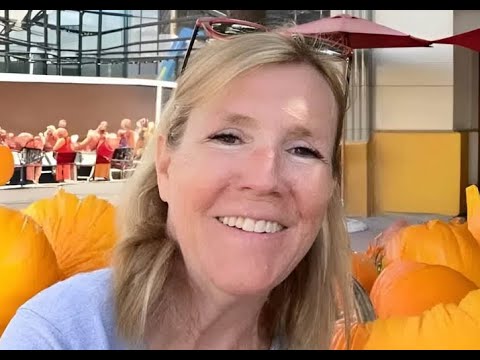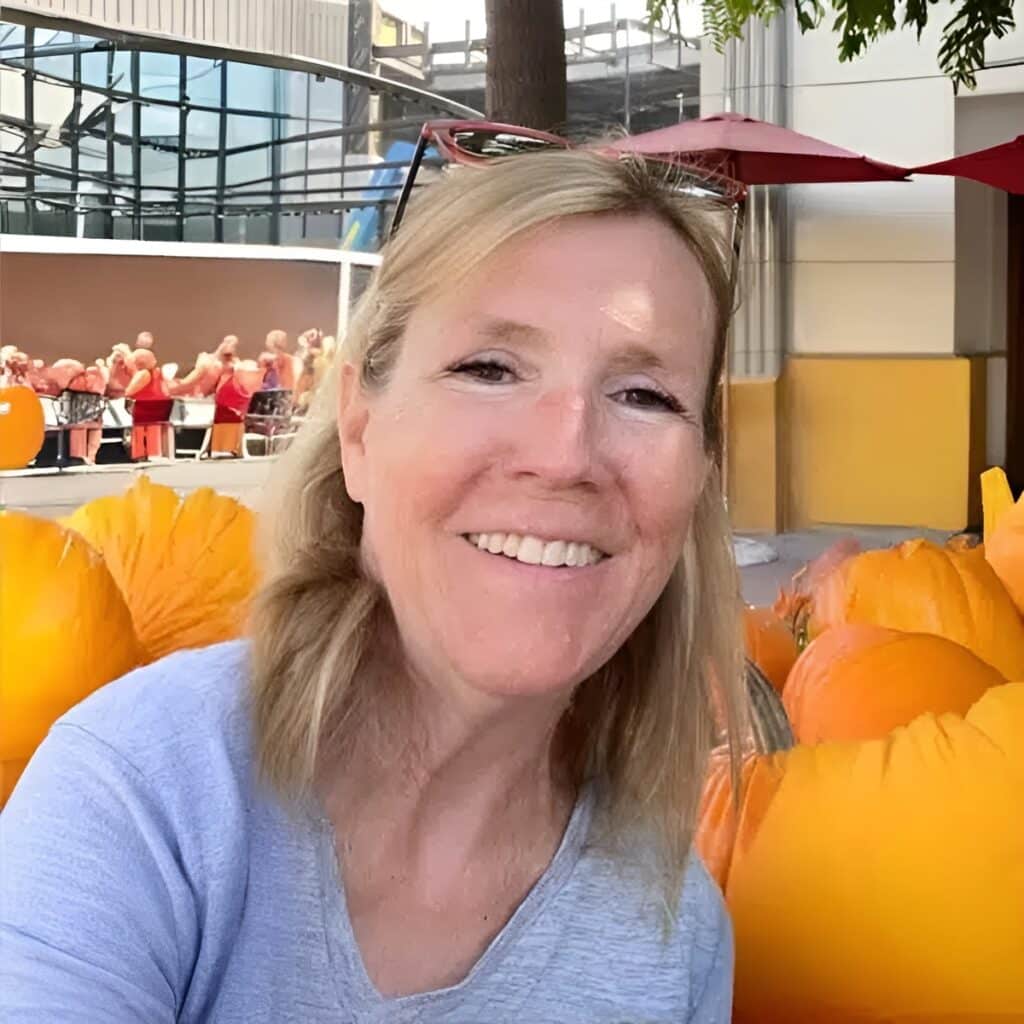
Q&A with Charlette Garff
Q: Can you start by telling us a little about yourself? (Background, profession, personal journey)
A: I have worked in a residential setting, a private clinic and an international company contracting with businesses like amazon and ge that provide substance use disorder counseling to their employees. The key focus of my work has been individual and group counseling of individuals struggling with addiction.
I have also been involved in a couple of treatment centers that provide family support groups for free. One clinic has a free support group open to anyone once a week, the other once a month for families with family members who receive services at the clinic.
Q: Could you share how addiction has personally impacted your life or the life of someone close to you?
A: Addiction is a very challenging disease that affects not only the individual but their family and friends as well. The individual with the addiction basically loses their entire life if they don’t receive help before that happens. Drugs can literally take everything away including their life, and they are left with the physical and emotional relationship they have with drugs. At this point they are usually involved with the justice system and they have a hard time getting their life back.
Q: What advice would you give to mothers who are struggling with their own addiction or are supporting a loved one through theirs?
A: If you are a mother who is struggling with addiction I would encourage you to find help. A mother that has a child with an addiction suffers almost as much as the person with the addiction. Attending self help groups or meetings like mothers against addiction can provide support, build connections and express yourself without judgement.
One thing I like to emphasize is keeping some sort of a connection to your child, if possible and to make sure they know you love them but will not support their addiction. Also, take care of yourself. There are little things you can do just for yourself that can have a positive impact on your physical and emotional health.

Q: What unique approaches does your organization take to support families affected by addiction?
A: Like I said previously, I have been involved in family support groups and family nights where the individual can bring their family to the group. In my community there is a free family support group not affiliated with al-anon that meets weekly and is open to anyone in the community..
Q: What do you see as the biggest gaps in addiction support and resources today, and how is your organization addressing them?
A: I believe collaboration with the justice system to change policy would go a long way. In my community there is not a lot of crime and so the police target people who have had drug charges or who are on parole or probation.
I believe the police could offer help instead of taking them to jail. Most treatment facilities where I live accept medic-aid and many other insurance providers that will pay for treatment. Unfortunately people who go to jail even if it is only overnight lose their jobs and often their cars.
Q: How does your organization measure success and impact in your addiction-related programs?
A: Measuring the impact that treatment has is difficult. I think it comes down to harm reduction. If you have had a positive impact and a reduction in drug use that is success. If a person graduates from a treatment program that is a success.
Even if they relapse a few months later the client has had success and gives them a little confidence that they can do it the next time they enter treatment. It is very hard for someone to get sober. It usually takes several attempts in treatment before any long term success happens. It is also very isolating, especially if they do not have contact with family.
Q: Are there any specific resources, programs, or strategies that you found particularly helpful in dealing with addiction?
A: There are a lot of resources where I live but the number of people they can have in their program. This excludes a lot of people. If you have a family member struggling with addiction it is possible to love them without enabling. Research has shown that if family members do not cut off contact completely, there is a greater chance of their loved one getting sober.

Q: Is there anything else you would like to share about your experience with addiction or your journey through recovery?
A: No one chooses addiction. Drugs hijack the brain and change the circuitry in it making it very difficult to get sober without help.
Individuals with addictions are people and should not be treated as if they don’t have as much value as someone else. Lastly, do not use the word junkie. This plays into the stigma that they deal with everyday.





























One Response
I needed to hear this in 2020 when i lost my baby brother